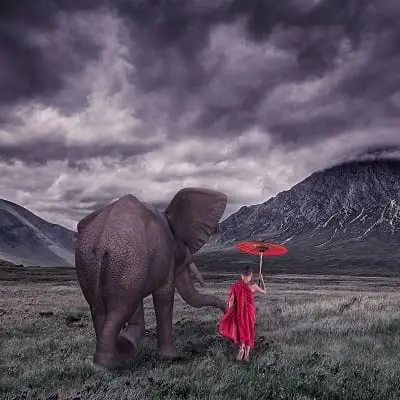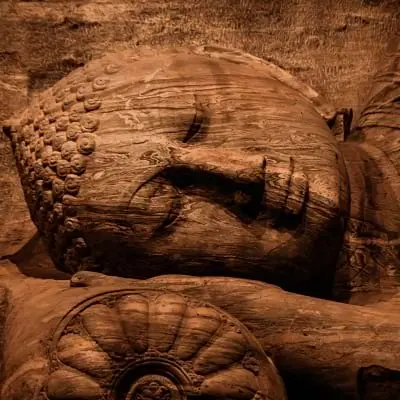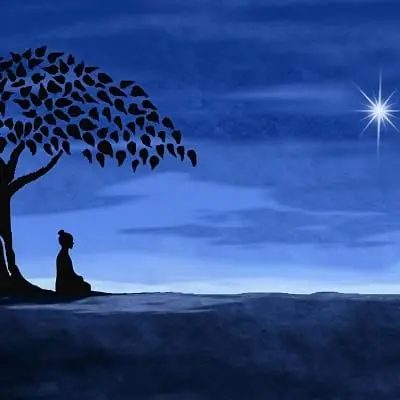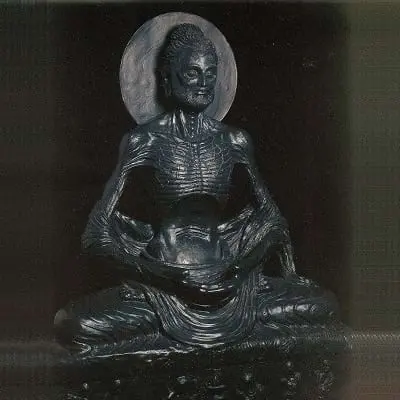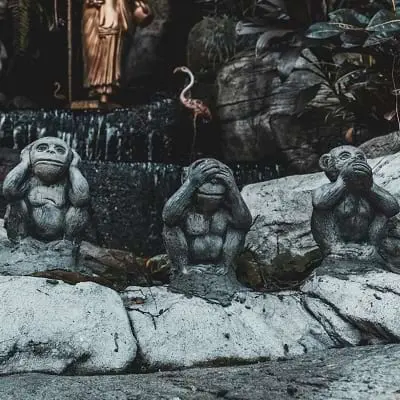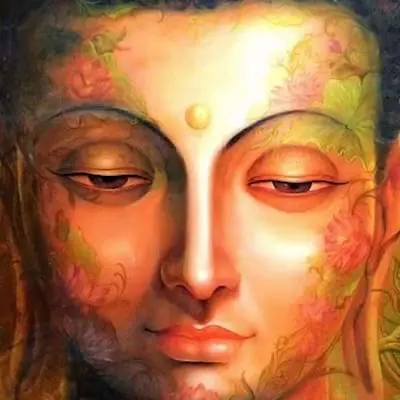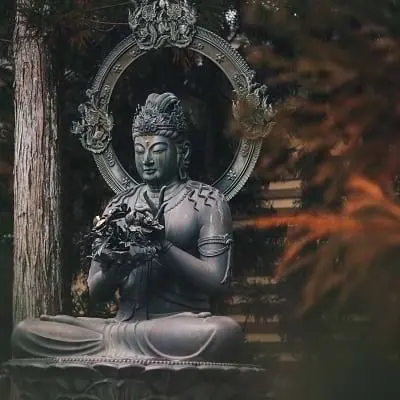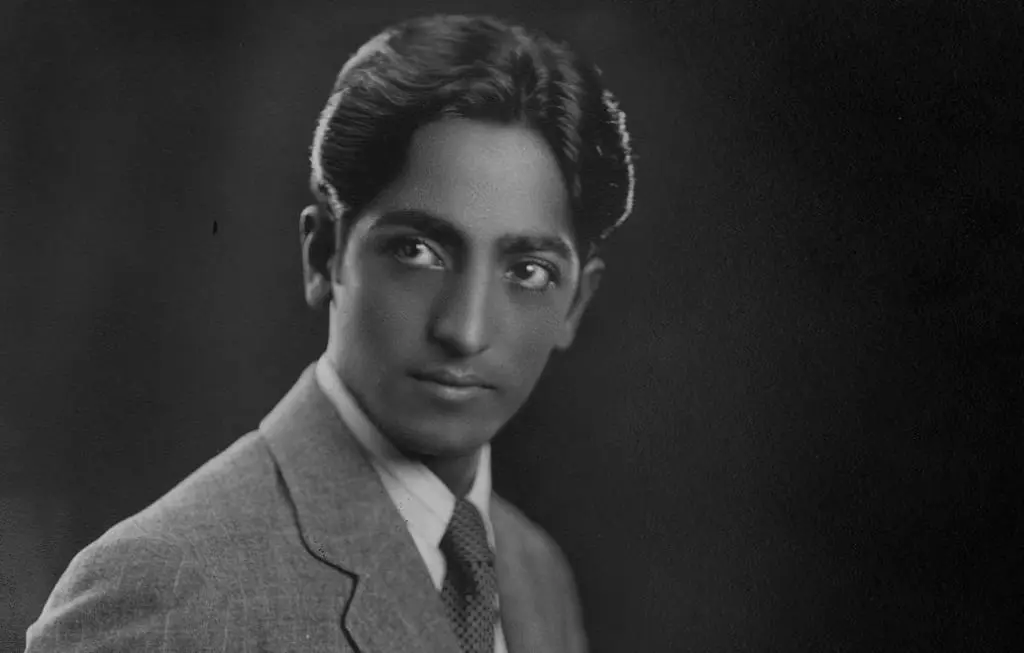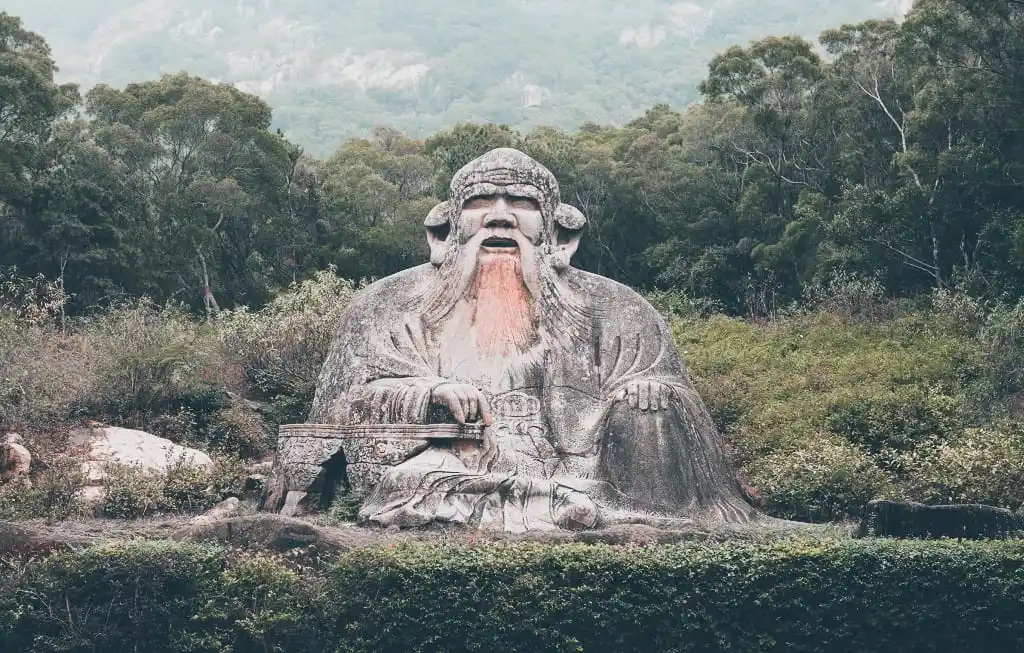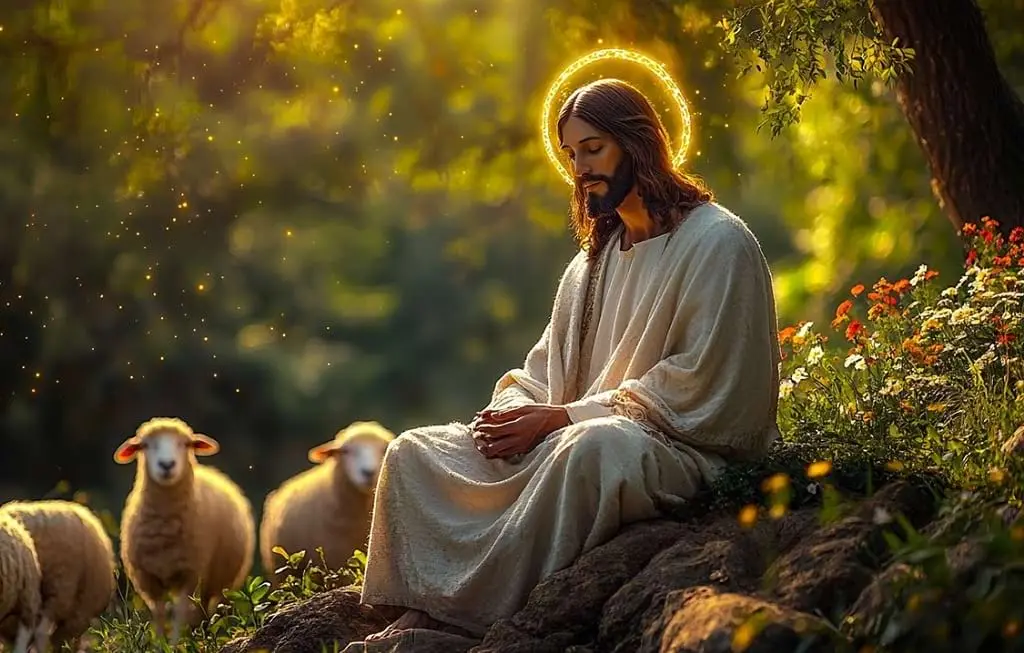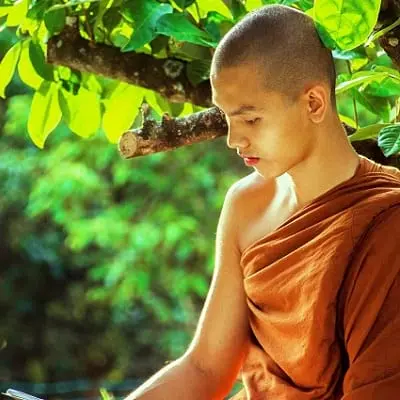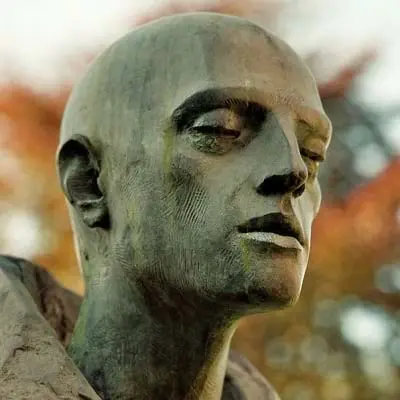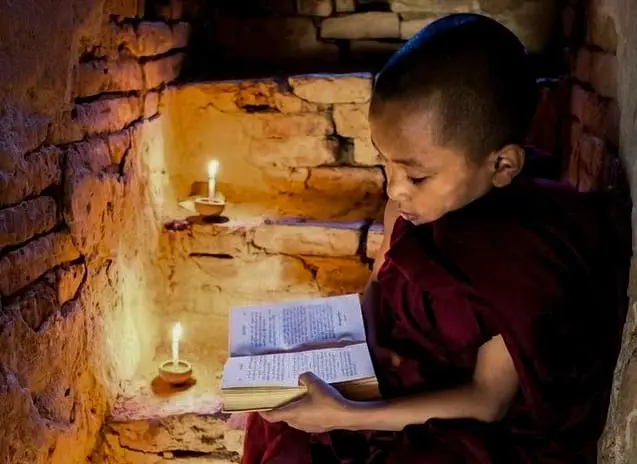
Excellence is not an act, but a habit.
Therefore I say to all of you, Ānanda: "Keep up this good practice that I have founded. Do not be my final man."
- One's biggest enemy is his ego. One's biggest loss is to lose himself.
- Arrogance is the worst defeat. Self-deprecation is the most pitiable thing.
- Compassion and impermanence awareness arising within one's mind are the greatest gifts.
So Ānanda, after I have passed, let the teaching be your island, live as your own island, your own refuge, with no other refuge.
For the independent there's no agitation. When there's no agitation there is tranquility. When there is tranquility there's no inclination. When there's no inclination, there's no coming and going. When there's no coming and going, there's no passing away and reappearing. When there's no passing away and reappearing there's no this world or world beyond or between the two.
Just this is the end of suffering.
Recollection
Buddha - Teaching - Saṅgha - Ethics - Generosity - Deities
Compassion
True freedom
Who can track the footsteps of One who leaves no trace? The tranquility of deeds - words - thoughts is the presence of a Buddha. The indefinitude of those is the extinguishment of a Buddha.
Wisdom
Let it be
Even the wisest words are like a raft for riding on to reach the far shore, not for holding onto all the time. Only the unbound Dhamma is the true Dhamma.
Fortitude
Walk with the wise, become wise
If one cannot find wise advisors or good-knowing companions, he should strive to live enduring dangers undismayed, wandering alone, like a rhinoceros horn.
Discipline - Analyses
Weed
Virtue, responsibility, protection
Ethics (Sīla), Precepts (Sikkhāpada), Discipline (Pàtimokkha), Regulations (Khandhaka), Rules (Vinaya).
The initial disciples had mostly undergone training with various ascetics and non-Buddhist teachers for a long period, so non-negligence had become a natural part of their character. Therefore, the teacher Gotama only needed to guide them in Morality (Sīla), Concentration (Samādhi), and Wisdom (Paññā). The rules (Vinaya) only gradually appeared as the number of disciples increased rapidly later on... >>> Details
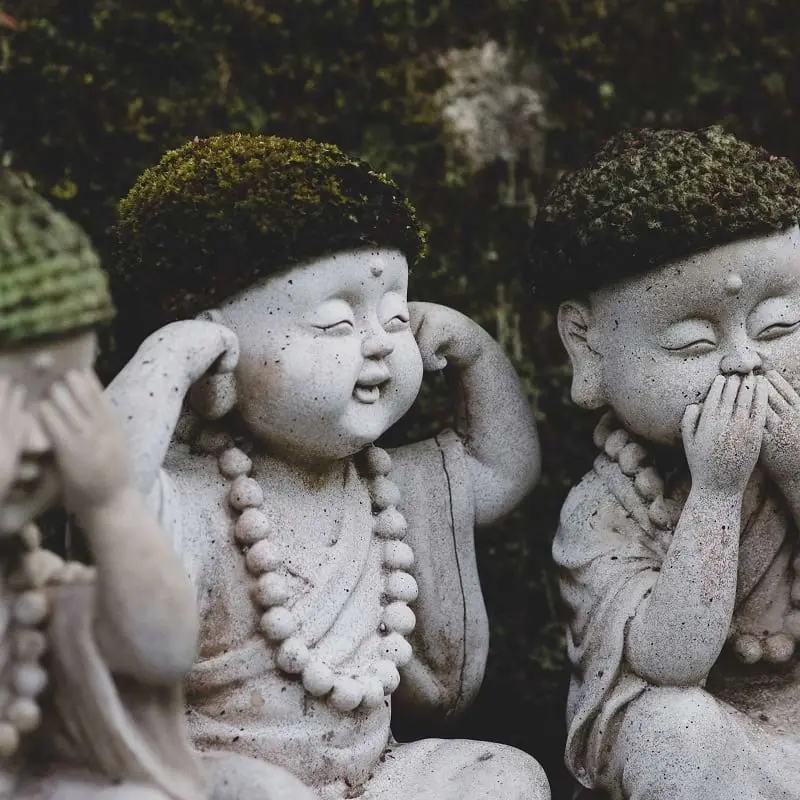
Explanation and discussion of the Dhamma
- How can a drop of water not dry up?
- Drop it into the ocean.
Commentaries, annotations, and analyses of traditional scriptures, as well as the novels (sometimes also referred to as 'sūtras'), are the doctrinal points created by later disciples based on the original teachings of Master Gotama... >>> Details
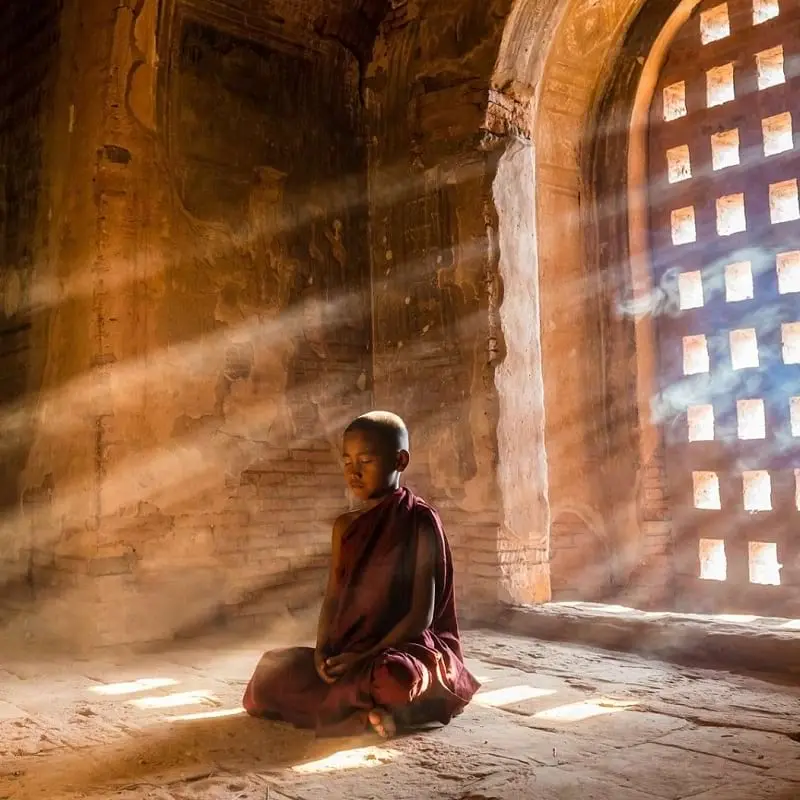
Non-Buddhist teaching of liberation
"These big fishes in this small pond are all covered by this net; even if they leap up, they are still confined and covered here."
Compilation of the differing and similar interpretations of various religions, their founders, teachers, philosophers, practitioners, and renowned speakers throughout history that humanity has preserved and recorded... >>> Details
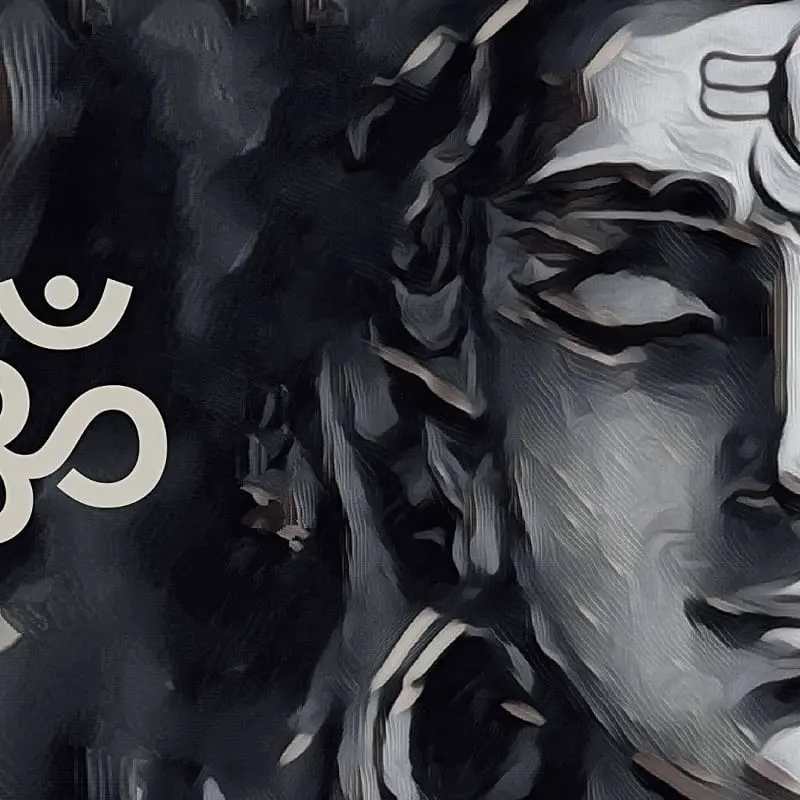
Other sources of materials
"Ipse se nihil scire id unum sciat."
Compilation of some websites, resources, libraries, and commonly used dictionaries for Buddhists and scholars of Buddhist studies... >>> Details

Historical documents
"Do not seek to follow in the footsteps of the wise. Seek what they sought."
Milestones, events, causes, and the formation process of the schools and corresponding scriptures throughout the history of Buddhism. >>> Details
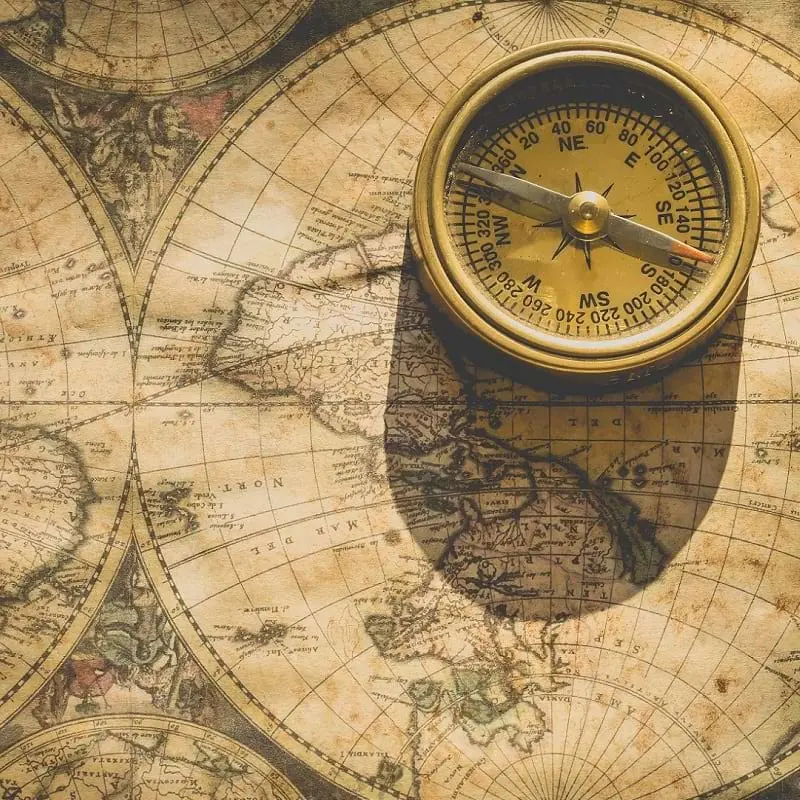
Kafka on the Niraya's shore
The closer you get to the light, the greater your shadow grows. Until you become darkness yourself.
The interminable realm of darkness of Devadatta, Sisyphus, Prometheus. Here there is no Abhidhamma, only the entrance to the Avīci Hell. This place of delusional dreams is not a suitable abode for Buddhism practitioners. Depart from here before the last glimmer of light in Icarus’s eyes fades away... >>> Saṃsāra
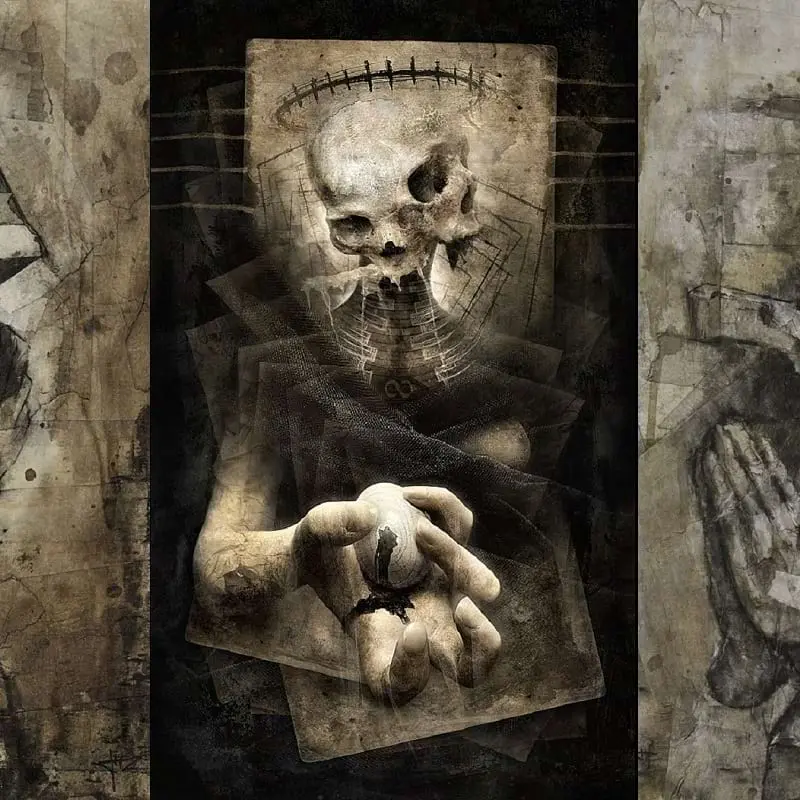
Fortune
Good Mind Good Day
Bhaddekaratta
"One should not neglect one's own good for another's, however great;
Knowing well what is good for oneself,
one should be intent upon one's true goal."
- Dhammapada -
Dedication
No Coming No Going
